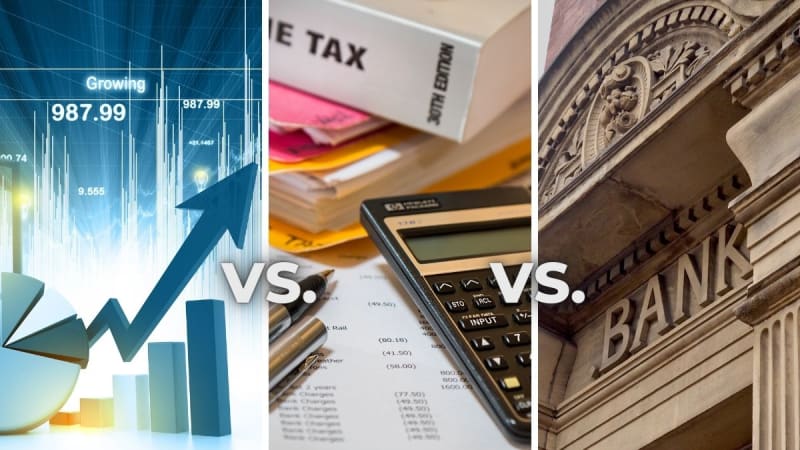Bachelor of Economics Versus Bachelor of Accounting Versus Bachelor of Finance

Featured Programs
What’s the difference between a Bachelor of Economics, a Bachelor of Accounting (BAcc), and a Bachelor of Finance (BFin)?
Though these undergraduate degrees have connecting elements, they are distinct fields. A Bachelor of Economics (BScEcon) is a social science that makes predictions about domestic and global economies. A Bachelor of Accounting (BAcc) is a technical degree that deals with the financial reports and laws of taxation, and a Bachelor of Finance (BFin) is a business discipline that examines how individuals and businesses manage their funds and assets.
It’s important to note, however, how these fields relate and why a bachelor’s degree in one might also include an emphasis in another (e.g., a BFin with an accounting emphasis or a BScEcon with a finance concentration). Economics uses past financial behavior to predict future trends. Finance looks to the past, current, and future economies to make decisions on how to invest money. And accounting applies economic and financial knowledge for individuals and businesses.
What courses can I expect to take?
- Economics majors will likely take classes on microeconomics and macroeconomics, the history of economic thought, and the international economy.
- Accounting courses typically include income tax accounting, accounting information systems, and tax planning and strategies.
- Finance majors often take courses on personal financial planning, corporate finance, risk and insurance, and investments.
How long does it take to earn a bachelor’s in economics, accounting, or finance?
Each of these bachelor’s programs is roughly 120 credits, which typically takes four years for full-time enrollment. Some schools do, however, offer accelerated programs.
What careers are associated with economics, accounting, and finance?
- BScEcon graduates find employment as data scientists, business analysts, management consultants, and operations managers.
- Those who earn a BAcc degree often go on to become certified public accountants, tax attorneys, internal auditors, and fraud investigators.
- Graduates with a BFin can begin careers as financial planners, investment banking analysts, budget analysts, and personal financial advisors.